Let’s get real—writing great content doesn’t always come easy but with the best content writing tools, it’s a whole lot easier.
Regardless of whether you’re a blogger, a freelance writer, or a social media content creator, you’ve probably been in those situations where words just wouldn’t flow correctly. That’s why having the best content writing tools under your belt can make all the difference in your writing experience.
Thanks to technology, there are now several content writing tools that can help you brainstorm ideas, fix grammatical errors, improve readability, and even get over writer’s block. But since there are so many tools out there, which ones do you actually need to use?
We’ve put together a list of the 15 top content writing tools that all writers must know. These content writing tools are simple to learn, utilize, and will help you write quicker and more effectively. Let’s dive in!
Table of Contents
What are Content Writing Tools?
Content writing tools are software, applications, or web-based platforms that help writers develop, edit, optimize, and manage written content more effectively.
They can assist with everything from idea generation and grammar correction to SEO optimization and plagiarism detection, along with readability enhancement and even content organization. In short:
Content writing tools make it easier and faster for writers, bloggers, marketers, and entrepreneurs to create high-quality, online-performing content.
Some of the most common types of content writing tools include:
- Grammar checkers
- Plagiarism detectors
- SEO tools
- Writing assistants
- Editing tools
- Research organizers
Read Also – How to Become a Content Creator on Tiktok: A Beginner’s Guide
15 Best Content Writing Tools for Every Writer
Now that you know what content writing tools are and can do to transform your writing life, let us explore the 15 best content writing tools every writer should know about.
1. Grammarly – Your Writing Assistant

Grammarly is one of the most popular content writing tools on the market, and for good reason. It helps to catch grammatical errors, spelling errors, and even awkward sentences as you write.
You just install the browser extension or use the web app, and Grammarly will start analyzing your writing in real-time. It also makes suggestions to help make your sentences more readable and engaging.
There is a free version of Grammarly, though the premium membership offers more features like tone feedback and plagiarism check.
Why Writers Love Grammarly:
- Spelling and grammar correction in real time
- Easy to apply to emails, Google Docs, and social media
- Great for non-native English speakers
2. Hemingway Editor – Make Your Writing Simpler and Bolder
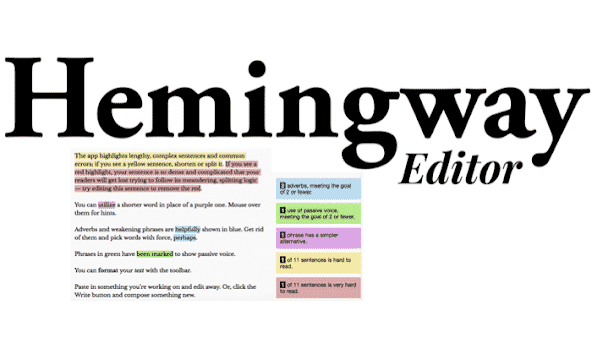
If you have a tendency to write long, complicated sentences (we all do from time to time), Hemingway Editor is your friend. This app highlights hard-to-read sentences and suggests simpler alternatives.
It also tells you if you’re using too much passive voice or adverbs. The goal? To make your writing concise, simple, and easy to read.
Just copy and paste your content into the Hemingway Editor and start editing.
Why Writers Love Hemingway Editor:
- Improves readability instantly
- Free online version available
- Encourages clear, punchy writing
3. QuillBot – Paraphrasing Made Easy
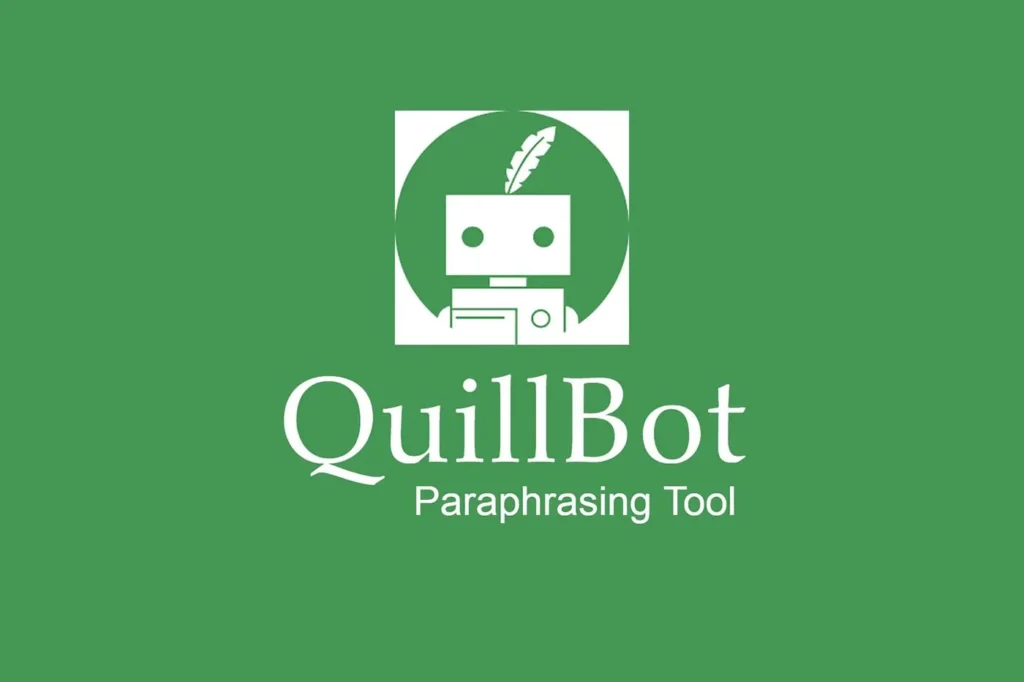
We can’t always express the same thoughts in other words. That is when QuillBot comes to the rescue. It is one of the best content writing tools to paraphrase and rewrite content in a non-robotic way.
QuillBot takes your sentence and gives you some alternative ways of saying it. It’s especially useful when you’re rewriting old blog posts or trying not to repeat yourself.
It also includes a grammar checker and summarizer.
Why Writers Love QuillBot:
- Rewords sentences in seconds
- Helps get past writer’s block
- Great for bringing old content up to date
Also Read – How to Become a Content Writer in 2025: A Complete Guide
4. Google Docs – Write, Edit, and Collaborate
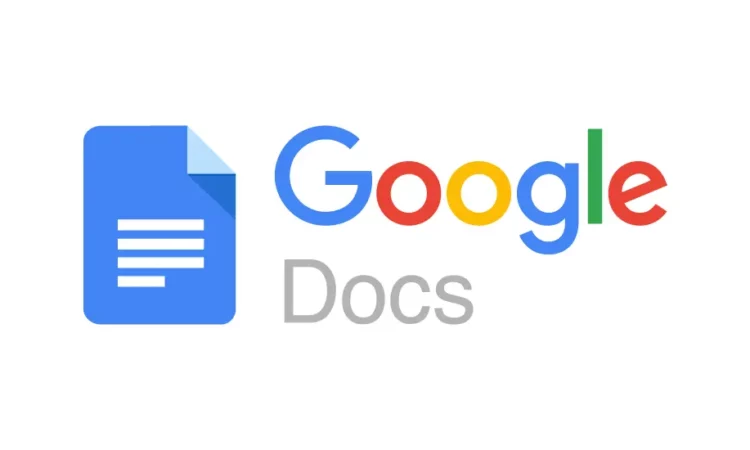
Google Docs is more than a writing area. It’s a powerful content writing tool where you can create, edit, and share your work in real time. Whether you’re working solo or in a group, collaboration with Google Docs is a breeze.
You can even comment, track changes, and integrate it with other applications like Grammarly and Google Keep.
Why Writers Love Google Docs:
- Works in the cloud—no need to save manually
- Perfect for team projects
- Supports plugins and extensions
5. Surfer SEO – Write Content That Ranks

If you’re writing for blogs or websites, then you know how important it is to get your content noticed on Google. Surfer SEO is one of the best content writing tools for SEO-focused writers.
It helps you plan your article, choose the right keywords, and optimize your content as you go along. Surfer even tells you how long your article should be and what subheadings to include.
Why Writers Love Surfer SEO:
- Informs writing using real SEO data
- Helps you rank higher in Google
- Easy-to-follow recommendations for non-technical writers
6. CoSchedule Headline Analyzer – Craft Click-Worthy Headlines

Your headline is what people see first. If it’s boring, they’ll just scroll right past. CoSchedule Headline Analyzer helps you write headlines that grab attention and get more clicks.
You simply input your headline idea, and it gives you a score for word balance, length, and emotional impact.
One of those writing tools you don’t realize you need until you try it.
Why Writers Love CoSchedule Headline Analyzer:
- Makes your headlines more engaging
- Offers helpful suggestions
- Great for blog posts and social media
Read Also – How to Become a Content Creator: A Beginners Guide
7. Notion – Get Organized and Inspired
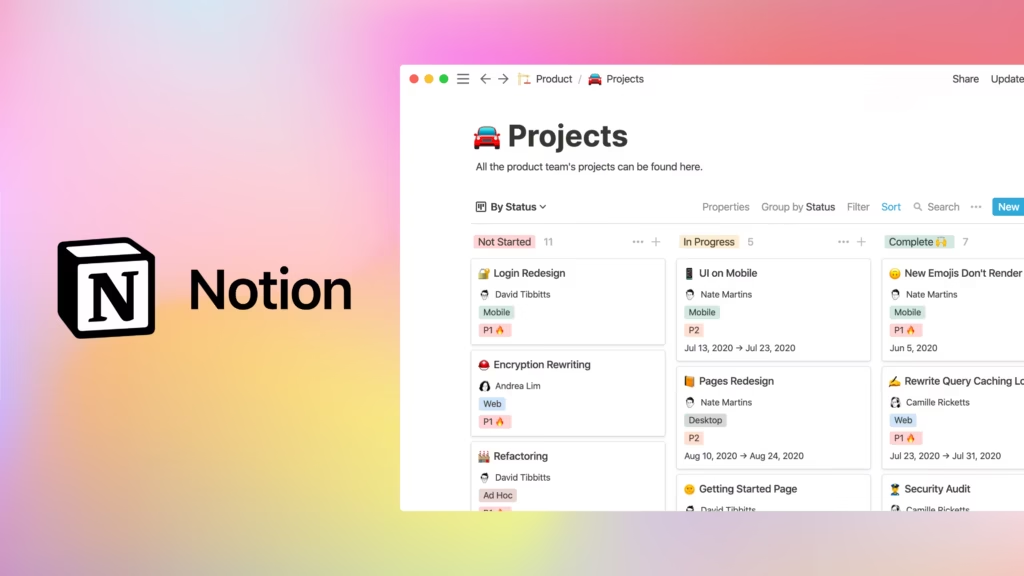
Writing isn’t always about putting words on paper—it’s also about organization. Notion is one of the best tools for organizing your content ideas, creating to-do lists, and even storing your research.
You can create different pages for different projects, use templates, and drag-and-drop your tasks around. It’s very flexible and easy to use.
If you’re blogging or planning an ebook, Notion can help keep your content ideas organized in one place.
Why Writers Love Notion:
- All-in-one workspace
- Helps you plan and write in the same place
- Easy to use for solo writers or teams
8. AnswerThePublic – Know What People Are Searching For

Before you write, you need to know what your audience wants to read. AnswerThePublic is a content research tool that uncovers real questions people are asking online.
Just type in a keyword, and it generates a list of relevant questions, comparisons, and search queries. This enables you to create content that addresses real needs.
It’s one of the best content writing tools for coming up with blog topics and maximizing SEO.
Why Writers Love AnswerThePublic:
- Fast keyword and topic research
- Easy-to-understand visuals
- Rapidly assists in brainstorming content ideas
9. Canva – Design Your Content Like a Pro

Writing great content is necessary, but adding visuals to it makes it even better. Canva is a drag-and-drop designing software that allows you to create eye-catching images, social media graphics, infographics, and more.
Even if you’re not a designer, Canva makes creating graphics for your blog or website super easy.
Mixing your words with pictures keeps readers engaged and makes your work stand out.
Why Writers Love Canva:
- Tons of free templates
- No design experience necessary
- Great for bloggers and content creators
10. Trello – Organize Your Writing Projects

Trello is a project management tool that works like a virtual bulletin board. You create cards for each task and move them through stages like “To Do,” “In Progress,” and “Done.”
It’s among the best tools to plan your content calendar, especially if you’re dealing with multiple writing projects.
With Trello, you’ll stay on top of deadlines and never miss an idea again.
Why Writers love Trello:
- Easy to use and visually intuitive
- Organizes your workflow
- Great for solo writers and teams
Read Also – How to Create a Content Calendar and Stay Organized at Work
11. Ahrefs’ Keyword Generator – Find the Best Keywords

If SEO matters to you, Ahrefs’ Keyword Generator is one of the most useful content writing tools out there. You simply enter a keyword, and it gives you a list of related terms and how often people search for them.
This tool is perfect for finding low-competition keywords you can actually rank for, great for niche sites and new blogs.
Why writers love Ahrefs:
- Offers reliable keyword data
- Great for content idea finding
- Boosts search rankings
12. Semrush Keyword Magic Tool – Find Winning Keyword Ideas

Semrush Keyword Magic Tool is a premium keyword research tool. It generates thousands of keyword ideas based on a single seed keyword. What makes it stand out is how it groups keywords into easy-to-navigate categories such as questions, broad match, phrase match, and more.
This enables you to find short-tail and long-tail keywords for your blog posts, landing pages, or YouTube scripts all in one place. You also receive search volume, keyword difficulty, and cost-per-click data.
Why writers love Semrush:
- Offers detailed keyword analysis
- Shows search volume and competition
- Helps with strategic SEO content planning
13. Google Trends – Find Out What’s Currently Trending
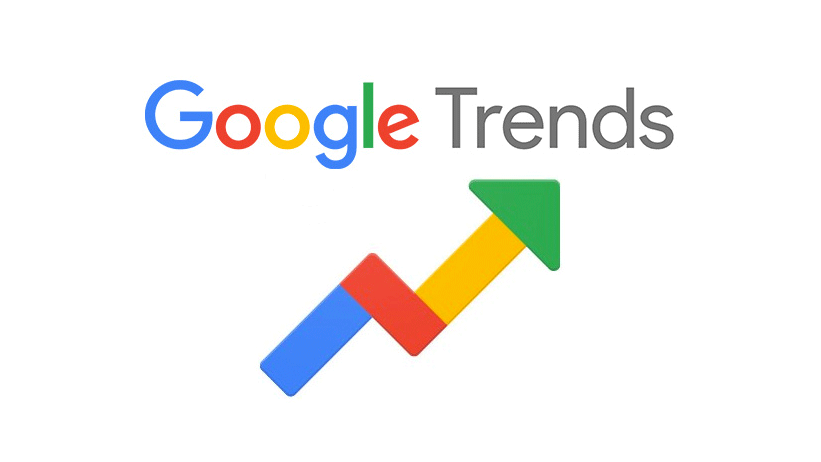
Writing content around trending topics can give you an instant traffic surge, and Google Trends is perfect for that. It informs you of what people are currently searching for, and you can rank results by location, time, category, and more.
Writers use Google Trends to come up with timely blog post ideas, spot seasonal content trends, and verify whether a topic is trending upward.
Why writers love Google Trends:
- Real-time data on trending topics
- Great for creating relevant, timely content
- Easy to compare topic popularity over time
14. Ubersuggest – Simplify SEO and Content Planning

Developed by marketing expert Neil Patel, Ubersuggest is a beginner-friendly SEO tool that gives you keyword ideas, domain insights, and content suggestions. It’s a great option if you’re on a limited budget and want to understand your audience better.
You can use Ubersuggest to do competitor research, check backlink opportunities, and find content ideas with high potential.
Why writers love Ubersuggest:
- Cost-effective and full of features
- Easy keyword research and content ideas
- Ideal for beginner bloggers and small business owners
15. Google Keep – Note Down Ideas Whenever, Wherever

As a content writer, you can get ideas at any moment. That’s where Google Keep is useful. It’s a simple note-taking application that is synced across all your devices, allowing you to jot down blog ideas, headline reminders, or content drafts while on the go.
Your notes can be organized through the use of labels, colors, and checklists — perfect for managing your content pipeline from idea to publication.
Why writers love Google Keep:
- Light and mobile-responsive
- Easy to organize ideas and reminders
- Integrates well with Google Docs
Also Read- Content Marketing for Startups: 7 Effective Strategies for Success
How to Choose the Top Content Writing Tools
The correct content writing tool can boost productivity, improve quality, and aid in SEO. The following is a quick guide to selecting the best:
1. Know Your Purpose
Are you writing blog posts, SEO articles, academic papers, or social media content? Your purpose determines the type of tool you need.
2. Prioritize Key Features
Look for tools with:
- Grammar & Spell Check
- Plagiarism Detection
- SEO Optimization
- AI Assistance
- Readability Tools
3. Ease of Use
Choose tools with simple, intuitive interfaces to save time and reduce frustration.
4. Integration Compatibility
Ensure the tool works well with platforms like WordPress, Google Docs, or your CMS.
5. Pricing and Trials
Compare free vs. paid features. Use free trials to test tools before buying.
6. Read Reviews
Check reviews and recommendations from real users to make informed choices.
Frequently Asked Questions
Can content writing tools replace human writers?
No, tools assist writers, but human judgment and creativity are still required.
Are content writing tools expensive?
Prices vary; some tools are free, others require subscription or one-time payment.
Can content writing tools improve me as a writer?
Yes, tools provide feedback, suggestions, and analysis to improve your writing.
Are content writing tools for all types of writers?
Yes, different writing styles, genres, and industries are served by tools, from blogging to technical writing.
Conclusion
Writing does not have to be a task. You can streamline your process, stay organized, and create content that resonates with your audience with the right tools.
Start with a few tools that address your biggest concerns and take it from there. With the right help, you’ll be well on your way to creating incredible content that impresses. Take your writing to the next level today!

